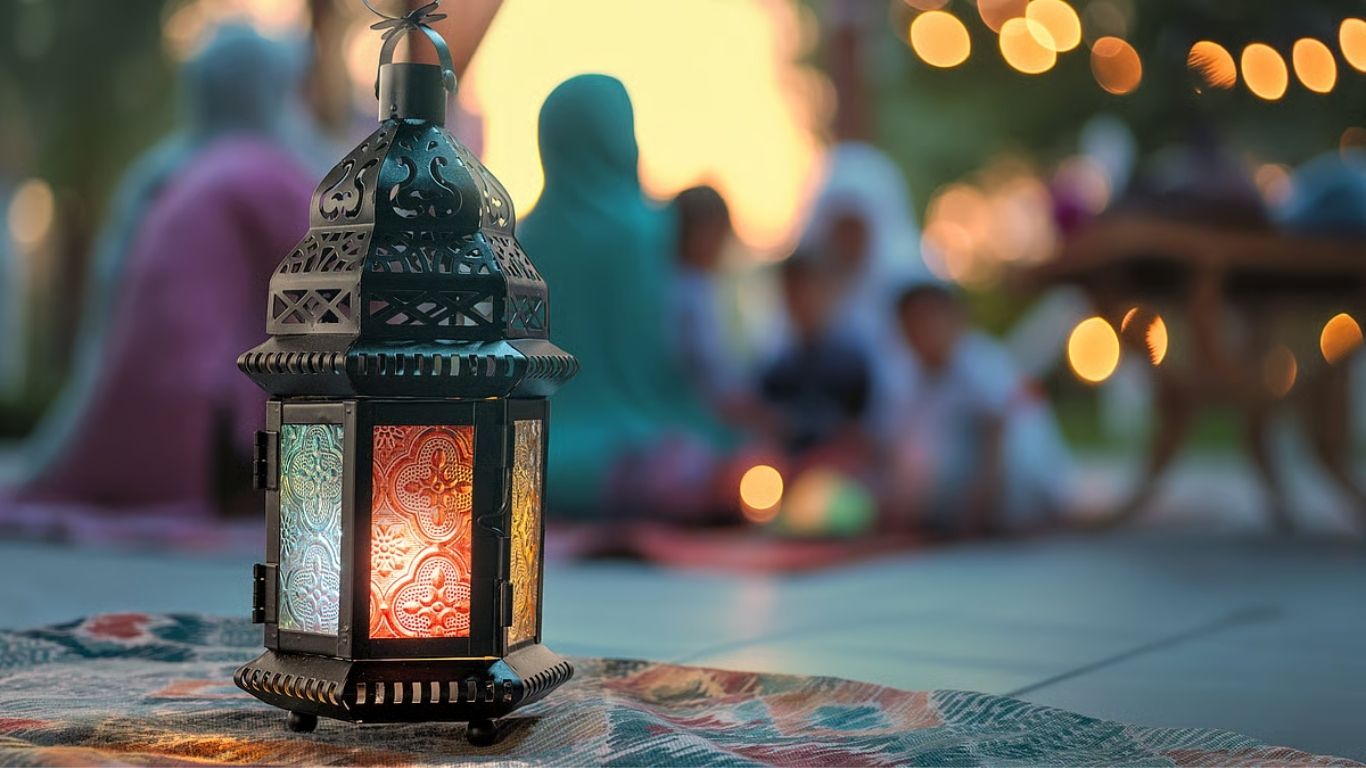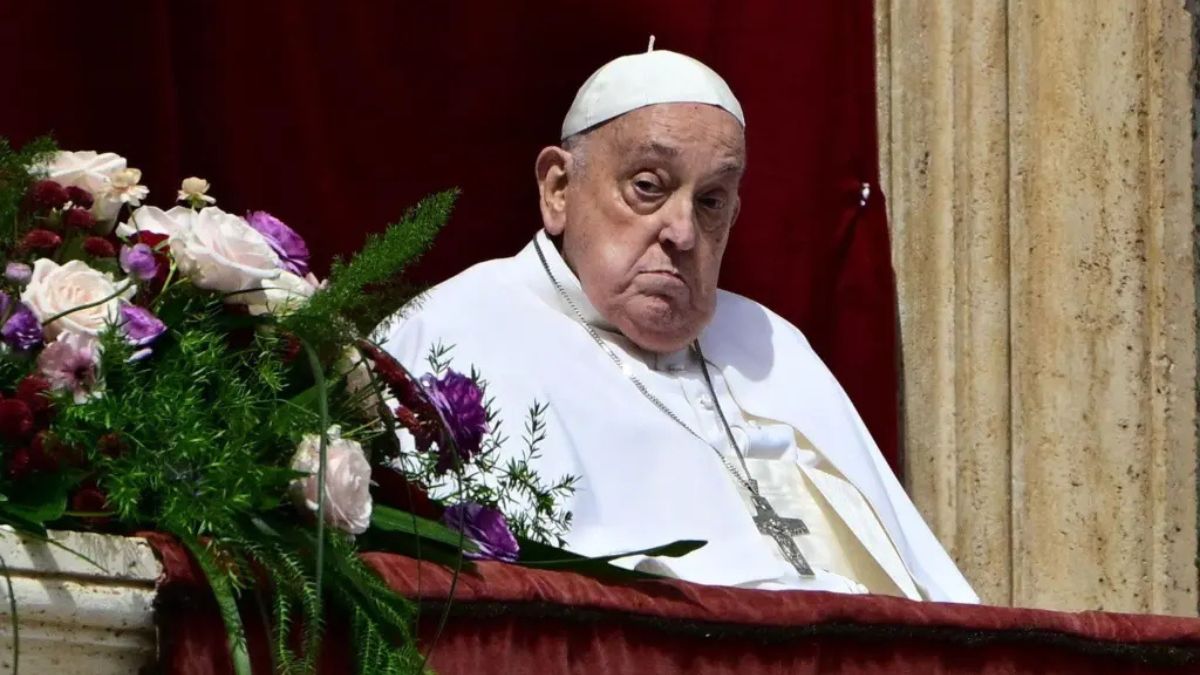I’m hunched over my laptop in a dive bar, the kind of place where the jukebox plays Springsteen and the truth stinks like stale beer. I’m a Muhlenberg grad, a filmmaker, an educator—proud of the scrappy liberal arts college that shaped me, or so I thought. But last spring, when I tried to attend Dr. Maura Finkelstein’s lecture on academic freedom at Lehigh University, four campus cops blocked my way, muttering about “safety” concerns. Me, a professor in the Lehigh Valley Association of Independent Colleges (LVAIC), barred from a public event alongside other educators and locals. Why? Because Finkelstein, my former professor, dared to speak up for Palestine and got axed for it—the first tenured prof fired for pro-Palestine speech, as The Intercept nailed it in September 2024. This isn’t just a story about one firing; it’s about a college selling its soul and the oppressed paying the price—again.
I’m channeling the likes of Molly Ivins, with her biting wit, and Chris Hedges, with his unflinching moral clarity—sardonic, self-deprecating, and pissed off at systems that crush the little guy. Muhlenberg’s betrayal of Finkelstein, detailed in a scathing AAUP report, isn’t just a local scandal; it’s a warning shot for academic freedom everywhere. Truth’s a mean son of a gun, and it’s screaming for the silenced—students, professors, and Palestinians caught in the crosshairs of censorship. Let’s rip this open and see who’s bleeding.
A Locked Door: The Lehigh Lecture Debacle
It was supposed to be a homecoming of sorts—Finkelstein, a Muhlenberg star, speaking at Lehigh about academic freedom in crisis. I was pumped to hear her, knowing she’d faced hell for her pro-Palestine stance. But when I got to the lecture hall, campus police were playing bouncer, claiming the event was suddenly “closed” for vague safety reasons. Outside, I sat with other shut-out locals—retired profs, current LVAIC educators, community folks—all of us stunned. “Safety?” I muttered to a colleague. “More like silencing.”
This wasn’t just a logistical hiccup; it was a gut punch. Lehigh’s move, likely pressured by Muhlenberg’s shadow, set a chilling precedent for the LVAIC consortium. Finkelstein, a tenured anthropology chair, was fired for her speech—tweets and posts supporting Palestine, as The Intercept reported. The AAUP called Muhlenberg’s actions a “year-long assault” on academic freedom, ending with President Kathleen Harring’s slick claim of Finkelstein’s “voluntary resignation.” Voluntary? That’s like calling a mugging a donation. The powerful play word games; the powerless get locked out.
Muhlenberg’s Fall: From Haven to Hypocrite
Muhlenberg was my crucible—classrooms where I wrestled with messy histories, tough ideas, and films like 5 Broken Cameras (IMDb), a gut-wrenching Palestinian documentary. In my senior year, a classmate challenged our prof, claiming the film’s violence wasn’t real. Instead of shutting down, we dug deeper into Palestinian cinema. That’s the Muhlenberg I loved—fearless, open, committed to truth. But now? It’s a traitor to its own values.
The AAUP report lays it bare: Muhlenberg targeted Finkelstein for her pro-Palestine advocacy, ignoring tenure protections and academic norms. They didn’t just fire her—they smeared her, pressured her, and spun it as her choice. “I felt betrayed,” I told a friend after reading the report, and I’m not alone. Alumni, students, and faculty are reeling, watching a college once known for dialogue become a poster child for censorship. Truth picks sides, and it’s with the silenced. Muhlenberg’s legacy? Forever tied to this disgrace.
The Palestine Exception: Academic Freedom’s Achilles Heel
Finkelstein’s firing isn’t an isolated oopsie—it’s part of a broader crackdown. The “Palestine Exception,” as activists call it, means speaking up for Palestinians gets you punished—fast. Professors are sacked, programs slashed, students beaten for protesting (Amnesty International). At Muhlenberg, Finkelstein’s tweets questioning Israel’s actions were enough to end her career. At other campuses, it’s the same: Columbia University suspended pro-Palestine groups; CUNY faced lawsuits for stifling speech (ACLU).
Lehigh’s lecture ban was a symptom of this disease. By barring the public, they didn’t just block Finkelstein’s voice—they blocked debate itself. Outside that locked door, I chatted with a retired prof who whispered, “This is bigger than Muhlenberg. It’s the whole system.” He’s right. Colleges, scared of donors or headlines, are caving to pressure, and the oppressed—Palestinians, activists, truth-tellers—are the collateral damage. The system’s not broken; it’s built to silence.
A Personal Betrayal: When Your Alma Mater Fails You
Muhlenberg shaped me—taught me to question, to organize, to chase truth through film and teaching. Finkelstein’s classes were electric, pushing us to face hard realities about power and justice. But now, every memory stings. How do you love a place that betrays its own? “It’s like finding out your mom’s a crook,” I joked to a colleague, but it’s no laugh. Muhlenberg’s values—openness, rigor, courage—lie in tatters, replaced by cowardice and complicity.
That 5 Broken Cameras moment haunts me. Back then, we turned discomfort into learning. Now, Muhlenberg’s running from it, firing profs who dare mention Palestine. The classmate who challenged the film? They’d probably cheer Finkelstein’s ouster. But education isn’t about comfort—it’s about truth, and Muhlenberg’s forgotten that. Truth’s a spotlight, and it’s shining on the hypocrites. My alma mater’s not just failing Finkelstein—it’s failing every student who believed in its mission.
The Bigger Fight: Censorship’s Chilling Effect
This isn’t just Muhlenberg’s mess—it’s a crisis ripping through higher education. The AAUP warns that firings like Finkelstein’s chill speech, making profs self-censor to save their jobs (Chronicle of Higher Education). Students feel it too—pro-Palestine protests face police batons, while activists get doxxed or worse (Human Rights Watch). The message? Shut up or pay. And who suffers most? The oppressed—Palestinians under occupation, students fighting for justice, profs like Finkelstein who dare to teach the truth.
Lehigh’s “safety” excuse was a flimsy cover for fear—fear of controversy, of donors pulling cash, of headlines screaming “anti-Semitism.” But silencing Palestine talk doesn’t fix anything; it buries the truth. “We’re losing the soul of education,” a fellow LVAIC prof told me outside the lecture. He’s not wrong. When colleges prioritize image over integrity, they’re not schools—they’re corporations. The powerful play PR; the powerless pay the price.
A Playbook for Resistance: Fighting for the Truth
So, what’s a betrayed alum to do? I’m no hero—just a guy with a pen and a grudge. But here’s my five-step plan to fight this censorship and lift the oppressed:
- Speak Out. Tell the truth about Muhlenberg’s betrayal. Share the AAUP report, amplify Finkelstein’s story (X). Silence is complicity.
- Organize. Faculty, students, alumni—band together. Push LVAIC to protect academic freedom, not crush it (AAUP).
- Resist Censorship. Teach the tough stuff—Palestine, colonialism, power. Don’t let fear win.
- Divest. Alumni, redirect your dollars to groups fighting for free speech, like Palestine Legal. Starve complicit colleges.
- Build Better. Create spaces—classes, forums, films—that honor truth and justice. Education’s for the common good, not corporate games.
And here’s the question I’d scrawl on Muhlenberg’s walls: What if? What if more profs get fired for speaking out? What if students stop questioning, scared of the backlash? What if colleges keep selling out, and truth dies? These aren’t hypotheticals—they’re the stakes. Ignore them, and education’s just a diploma mill.




